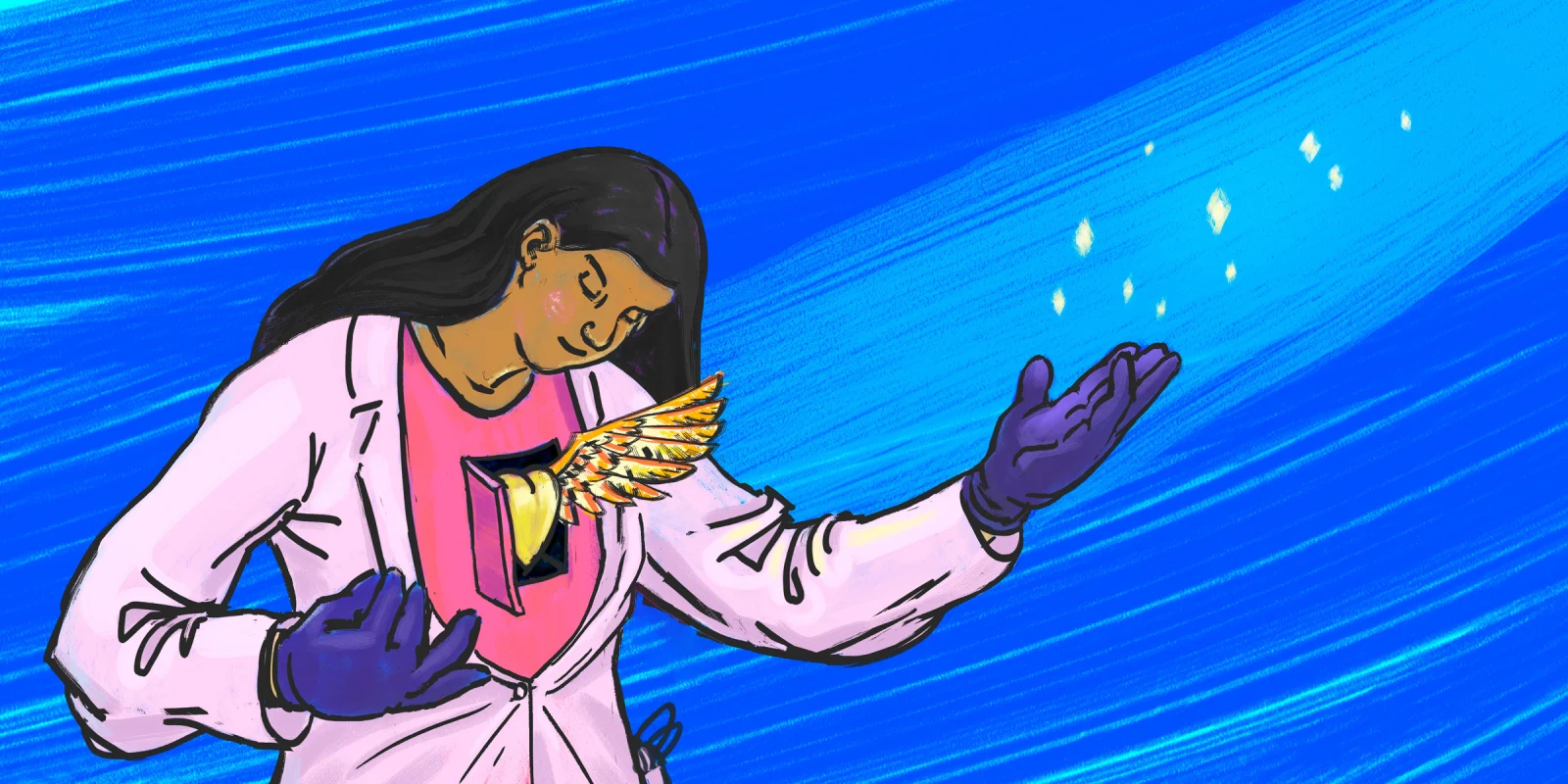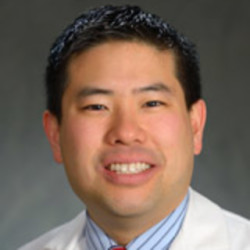In medicine, there is an emphasis on toughness — long hours, grueling work, limited autonomy. While it makes sense that we would expect physicians to be hard workers who can roll with the punches, as they have patients who need them, this obsession with toughness in medicine often backfires. When we are tough, we lose sight of compassion — and our own well-being.
It is human to have needs and weaknesses. If toughness is a goal, it is common to deny feelings and needs, and to replace them with a mask of perfectionism and achievement. This masking, however, harms us: it tends to lead to cynicism, resentment, and burnout. And trying to fit into the mold can make doctors lose perspective.
In practice, the framework looks like this: If I see my job as uniquely challenging, and that I qualify because I am uniquely tough, how can I not see others as ordinary? After all, I made it, and they did not. This type of thinking is toxic to healthy teamwork. Taking care of patients is a team sport and having physicians with a hero mindset impedes the teams we need.
In addition, being overly fixated on toughness can skew one’s perspective on patients and colleagues. The framework goes: If I have avoided my fears, failures, hurts, and needs, then I have nothing of my own to draw from when another is experiencing suffering. I must earn the right to address my needs and hurt. This transactional approach leads us to think of needy, hurting, suffering people as needing to earn compassion. It also leads to dividing patients into “good” patients who deserve compassion and “bad” patients who don’t. And so instead of compassion, you get patient shaming.
Fortunately, there is a better approach out there: Courage. Courage is not the absence of fear but choosing to act in spite of fear. Courage requires us to feel what we’re feeling, whether it is fear, love, inadequacy, or hope — and then to act. Courage allows for true humility and self-reflection because there is space for not being perfect. Courage allows us to ask for help, leaving our hearts open to feedback.
Most importantly, courage leads to compassion. When I see another suffering, I can connect my heart to theirs. I have felt my own pain, failures, and suffering. Instead of othering a person’s pain, I can relate to it even if I cannot relate to what caused that pain.
Compassion is magical in a health care setting. Compassion is what allows us to answer the same question for the fifth time without irritation. Compassion is what allows us to wait and allow the experience of the disease to unfold on the patient's timeline. Compassion is what allows us to move toward a patient when there are no more solutions to their disease. Compassion is what makes us pause and ask why someone is acting in a way that is hard to understand. Compassion replaces judgment with curiosity. Compassion allows us to connect with people who are different from us because pain hurts regardless of our background. And suffering always deserves a compassionate response. When compassion for suffering does not have to be earned, then the relationship between the patient and doctor gets built on a secure foundation.
Though letting go of the fixation on toughness can be challenging, it can look like this: We drop the facade of "better than" and courageously accept ourselves with honesty. With compassion, we blend our role as physicians with our normal humanness. We become a full-hearted person who is able to provide patients with what they need medically and as people.
After the exhaustion of the pandemic over the last few years, I am tired of having to be tough. Our weary hurting hearts refuse to be ignored. We all need encouragement, filling another’s heart. I believe health care can be built to be both competent and compassionate. Now is a good time to replace toughness with courage.
How do you practice compassion in your day to day? Share in the comments!
Dr. Uy is a family physician and geriatrician at the University of Pennsylvania Perelman School of Medicine, where he currently serves as the geriatric fellowship program director. He is also the medical director of Renaissance Healthcare and Rehabilitation (a nursing home). He is married to Susie, a pediatrician, and has three kids.
Illustration by Jennifer Bogartz







